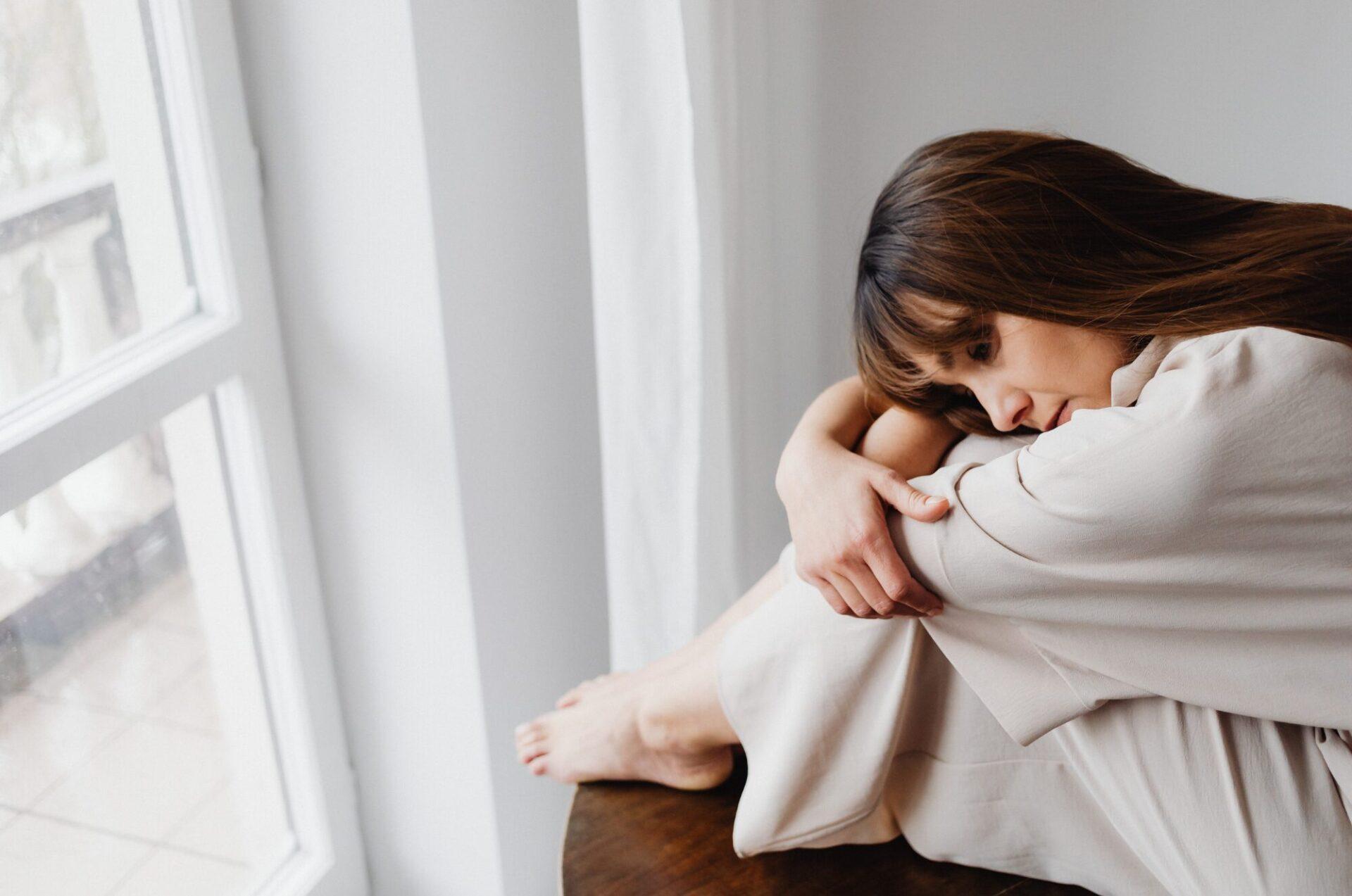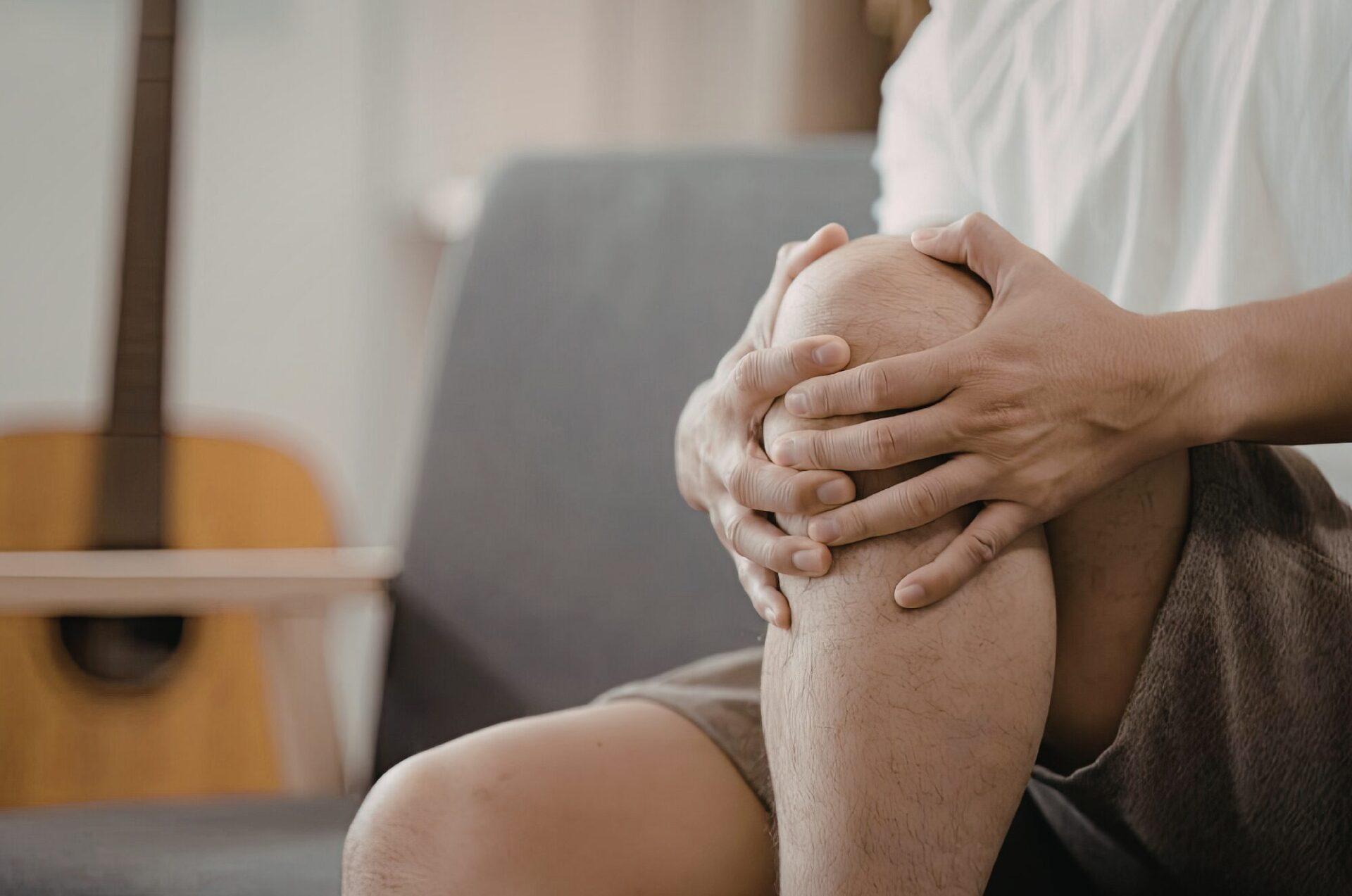Guidance from Miss Shree Datta Consultant Obstetrician and Gynaecologist
Check Official Royal College of Obstetricians and Gynaecologists guidelines
Am I more at risk if I’m pregnant?
At the moment, official guidelines state, if you are pregnant you are more vulnerable to getting infections than a woman who is not pregnant. However, current evidence suggests that pregnant women are not more susceptible to the consequences of infection with COVID-19 than the general population.
The data is limited and I would recommend that pregnant women with any other medical illnesses, if you are immuno-compromised – who could be infected with COVID-19 seek early medical advice until the evidence base provides clearer information. There have been no reported deaths in pregnant women so far.
What effect does coronavirus have on pregnant women?
Most women will experience mild or moderate cold/flu-like symptoms, including cough, fever, and shortness of breath. More severe symptoms such as pneumonia may be seen in pregnant women – especially those with medical illnesses – so if you experience symptoms which are deteriorating, seek medical advice promptly.
While pregnant, is there anything I can do to reduce my risk?
It’s a relatively new illness, so the guidance available is limited, but the government’s advice to avoid all non-essential travel and to avoid large gatherings may be helpful, as well as regular and thorough hand washing. If you feel unwell, contact your medical team early for advice.

What should I do if I’m pregnant and I think I have the coronavirus?
In the initial instance, self isolate. Contact your maternity unit looking after your pregnancy to inform them that you have symptoms suggestive of coronavirus, particularly if you have any routine appointments in the next 7 days. Call NHS 111 after 7 days of self-isolation and if symptoms have not abated. Do not visit your GP or attend A&E in person. In an emergency, phone 999 and tell the operator of possible COVID-19 exposure. Women with symptoms suggestive of COVID-19 should stay indoors and avoid contact with others. This will include not going to work, public areas, NHS settings or schools. Avoid using public transport and avoid visitors at home.
Ensure your home is well ventilated by opening windows and consider using separate towels, cooking utensils and eating at separate times. Try and see if anyone else can run your errands for you. Contact your hospital to find out what to do about routine appointments and investigations, especially if you are self-isolating.
What should I do if I test positive for coronavirus?
Contact your healthcare provider as soon as possible via telephone for advice. If you come into hospital, avoid pubic transport and inform staff that you have coronavirus infection. Upon arrival, you may be given a face mask to wear which can be removed once you are escorted to an isolated room.
For more information please visit The Royal College of Obstetricians and Gynaecologists official guide to pregnancy and COVID-19




